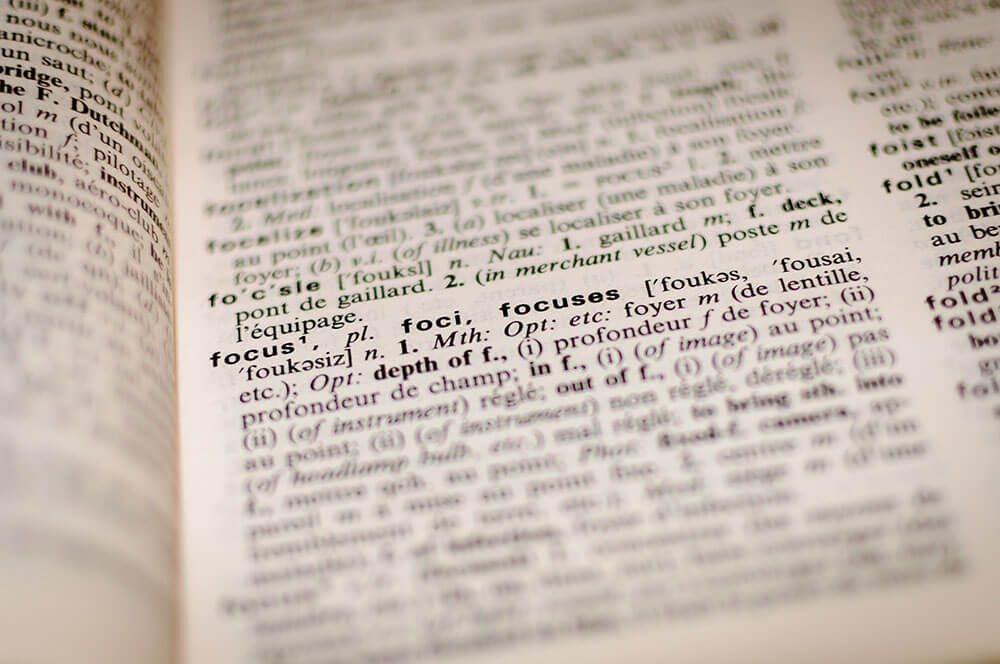Domain-Specific Vocabulary
Well, we rarely discuss vocabulary on our blog posts, do we?
Jokes aside, it’s important to have conversations on vocabulary instructions. If the students fail to get sufficient vocabulary study, then it will be hard for them to develop language arts skills like writing and reading. But having strong vocabulary knowledge helps them even outside the classroom since the students will also encounter other new words outside of their subject areas.
Therefore, to ensure students are well prepared to be successful in school and even beyond, the Common Core State Standards have included some lessons for acquisition and use of vocabulary.
CCSS.ELA-LITERACY.CCRA.L.6
This refers to the acquiring and the use of different academic and domain-specific words and phrases that are needed during writing, reading, speaking, or listening at college readiness or career readiness level. Learning what is academic vocabulary, helps to improve writing and answer the question – what is true of the conclusion to an essay.
Also, they should show independence when gathering knowledge of the vocabulary if they encounter an unfamiliar term that is ideal for their expression or comprehension.
So what are domain-specific words?
Domain-specific words are also called Tier 3 words and they are jargon or technical words that are valuable to a certain subject. For instance, both elements and chemistry are categorized under science vocabulary while verse and allusion are popularly known to be found in English Language Arts.
Where to find these words?
Well, you would not want to start looking for these domain-specific words in large textbooks so that your students may use it. Rather, you can use the suggestions below:
Liaise with other professionals on your vocabulary needs
You should ask your fellow teachers for some of the vocabulary words from their different areas of expertise (they should be glad to do it since it will help their students too!). Since the teachers are experienced in different areas, each of them has their unique domain-specific words that are commonly encountered in different contexts. You should get as many words as possible from these teachers so that your lesson will be more comprehensive. And if you ask well, then they may even suggest some nonfiction texts you might use with your students. It’s a win-win situation since it will benefit all students and they won’t have to stress on the same when teaching their subjects.
Also, you can ask your students for some suggestions on vocabulary and get inspiration from them too. There are higher chances that they might have encountered some domain-specific words from other classes. And by analyzing the unfamiliar terms from other subjects like math or history, the students will improve their vocabulary skills and their knowledge in other subjects. They have an opportunity to make a text complexity analysis in their work.
Assign harder nonfiction to the students
Nonfiction texts are where most domain-specific texts are found most since they’re usually used in different but appropriate contexts. You should assign your students the task of defining the unfamiliar vocabulary words which they find in the contexts and don’t give them hints or allow them to use the dictionary at first. Different strategies such as comparing and contrasting, root study, illustrations, and logical analysis will be very important during these class exercises.
Besides, it’s easy to get nonfiction texts for the class lessons. Journals, encyclopedia, and web articles are some of the best resources for finding domain-specific words for your students. And if time is not on your side, then you can utilize some ready-made compilations such as informational texts, American speeches, and documents with nonfiction pieces such as exemplar texts. Ensure they can meet the CCSS difficulty requirements.
Also, you should use the vocabulary resources with sections on the domain-specific words.
We have a resource called “Vocabulary Power Plus Series” that is trusted across the world and another upcoming digital resource called Vocabulary Power Plus Online. These two programs provide you with hundreds of high-impact words and also help you reduce the instruction time.
Also, the Vocabulary for the College Bound series 2nd edition comes with comprehensive lessons that focus on domain-specific words for various subjects such as math, science, and more. It also helps students improve their academics and each level of this series involves the use of words many times in different contexts which helps students to understand them better and also retain it.
Well, some ways will help you in finding and teaching the domain-specific words. Which one do you prefer? You can let us know through a comment.
